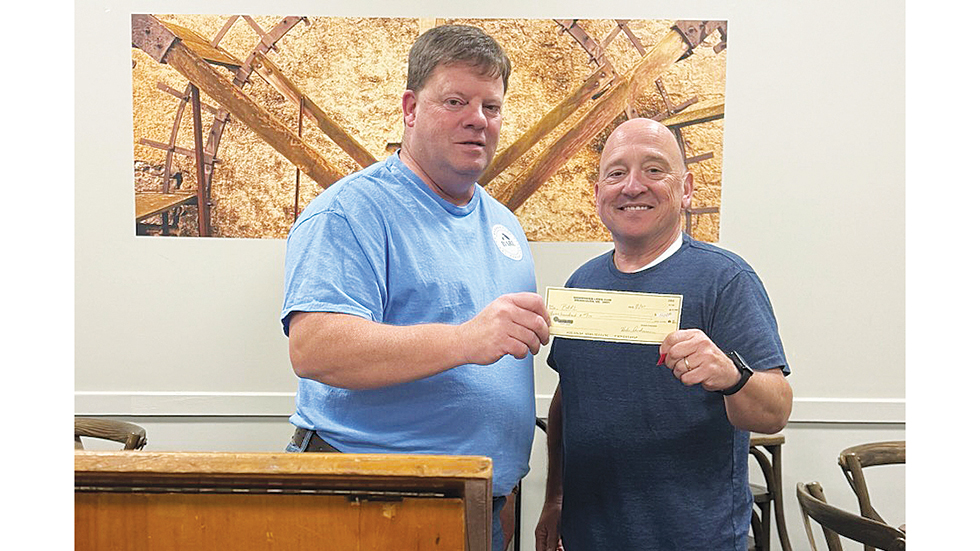Group to promote health in targeted areas
Published 5:00 am Tuesday, July 19, 2005
Member’s of the region’s health, education and faith-basedministries met at King’s Daughters Medical Center Friday to createa network that would work to promote health-related events.
The advisory board would join the Southwest MississippiOpportunities Network of the Mississippi Shine Program. The networkcurrently includes Pike and Amite counties.
The Mississippi Shine program, an acronym for Strategies forHealth Improvement and Network Expansion, is funded through grantsfrom the U.S. Department of Health and Human Services, HealthResources and Services Administration and the Office of RuralHealth Policy to remove obstacles and expand access to, coordinate,restrain the cost of and improve the quality of essential healthcare in rural areas of the state.
Trending
“Organizations working alone are unable to significantly addressthese problems,” said Mitch Morris, Shine program director.
Despite strong and enthusiastic efforts, statistics in key areasof the state’s health continue to edge downward, Morris said. TheSouthwest Network is designed to create a group of separate butrelated organizations to more efficiently promote health intargeted areas. The areas targeted would be determined by theadvisory board, he said.
Friday’s luncheon was an initial meeting with representativesfrom many of these organizations to establish an advisory board toguide Lincoln County’s efforts within the scope of the regionalSouthwest Network, said Rashawn Davis, a community encourager forthe network.
“The diversity of rural communities necessitates local solutionsto local challenges,” Morris said. “You know what resources youhave in the community, so you know how best to use those resourcesto meet your needs.”
Shine has targeted five key areas that research has shown asMississippi’s primary deficiencies in health – diabetes,cardiovascular disease, obesity, teenage pregnancies and sexuallytransmitted diseases and substance abuse.
Morris urged the advisory board members to select one or two ofthose areas to specifically target.
Trending
“Networking is not an easy thing to do,” he said. “We have tofind something in common that we can work towards.”
Once that is determined, he said, the board can decide the bestway to address that issue. The board should try to sponsor eventsand educational opportunities that would increase awareness,promote healthy lifestyle choices and expand access to screening,early-detection and chronic disease management in those areas, hesaid.





